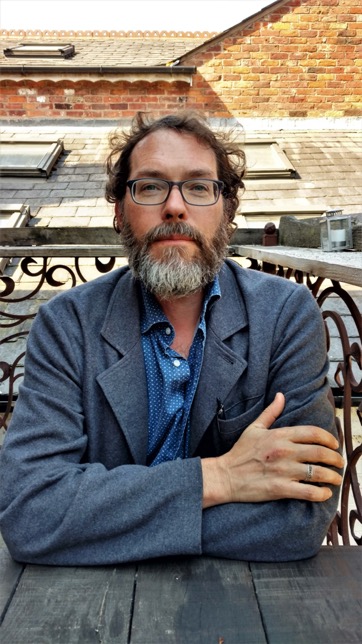Takeaway
Clinician burnout can erode compassion, which is at the heart of healthcare. To reignite a passion for healing, clinicians must tend to their own souls in addition to mind and body.

Passion in the medical profession | August 20, 2024 | 2 min read
By David Kopacz, MD, University of Washington
Clinician burnout can erode compassion, which is at the heart of healthcare. What does it mean to care? We’re all in what’s often called a “caring profession,” but how much of our daily busy work in clinics and hospitals is caring? In his book, “The Soul of Care,” psychiatrist and anthropologist Arthur Kleinman describes a silencing of care, not only in medicine, but in the country and the world. In his article, “The soul in medicine,” he further states that “we need soul to specify the human quality at the heart of care in order to animate the souls of patients, family members, and clinicians.” Clearly, Kleinman sees some connection between caring and the soul, a term we don’t often use in medicine.
In my recent book, “Caring for Self & Others: Transforming Burnout, Compassion Fatigue, and Soul Loss,” I approach these occupational hazards, these costs of caring, as opportunities for us to grow in wisdom and compassion—in other words to grow as wounded healers. What is it that “burns out,” after all? We can say our light, our drive, our compassion or empathy—or we can say that burnout is a kind of loss of soul. I’m not speaking of a particular religious belief about something transcendental, but more as a useful descriptive metaphor for what it feels like to have lost your spark. Long before we had words like “burnout,” “compassion fatigue,” and “vicarious trauma,” healers were working with soul loss as a form of suffering. In the soul’s wandering and reconnection, it was possible to grow in one’s healing abilities.
Soul
Ascelpius, the ancient Greek physician who carried the staff with the serpent, learned medicine from the centaur, Chiron. Chiron taught many heroes and healers, yet he himself had a non-healing wound from being shot with a poisoned arrow. There was something in his wounding that made him a consummate healer and teacher. Many stories about the initiation of physicians into becoming healers start with narratives of wounding that lead to deeper abilities of healing—even if the healer’s own wound is never fully healed (or maybe even because of it). Maybe we must lose parts of ourselves, maybe even lose our souls, to experience wounding so that we can become healers.
The recovery of the soul occurs through caring for the soul. To have lost your soul and regained your soul familiarizes you with the ancient pathway that the shamans followed, that Dante traveled, and that happens in small and catastrophic ways daily in hospitals and clinics.
How to find and reconnect to your soul when you feel you’ve lost it through burnout and compassion fatigue:
1. Remember why you went into healthcare. Re-engaging with your origin story can help you reconnect with your calling, passion, and idealism.
2. Try shifting from passive empathy (feeling with) to active compassion (doing for)—an action can even be sending caring in a lovingkindness meditation.
3. Finally, know that your soul can be welcomed back by creating a welcoming human environment—within yourself and in your clinic.
This piece expresses the views solely of the author. It does not necessarily represent the views of any organization, including Johns Hopkins Medicine.

